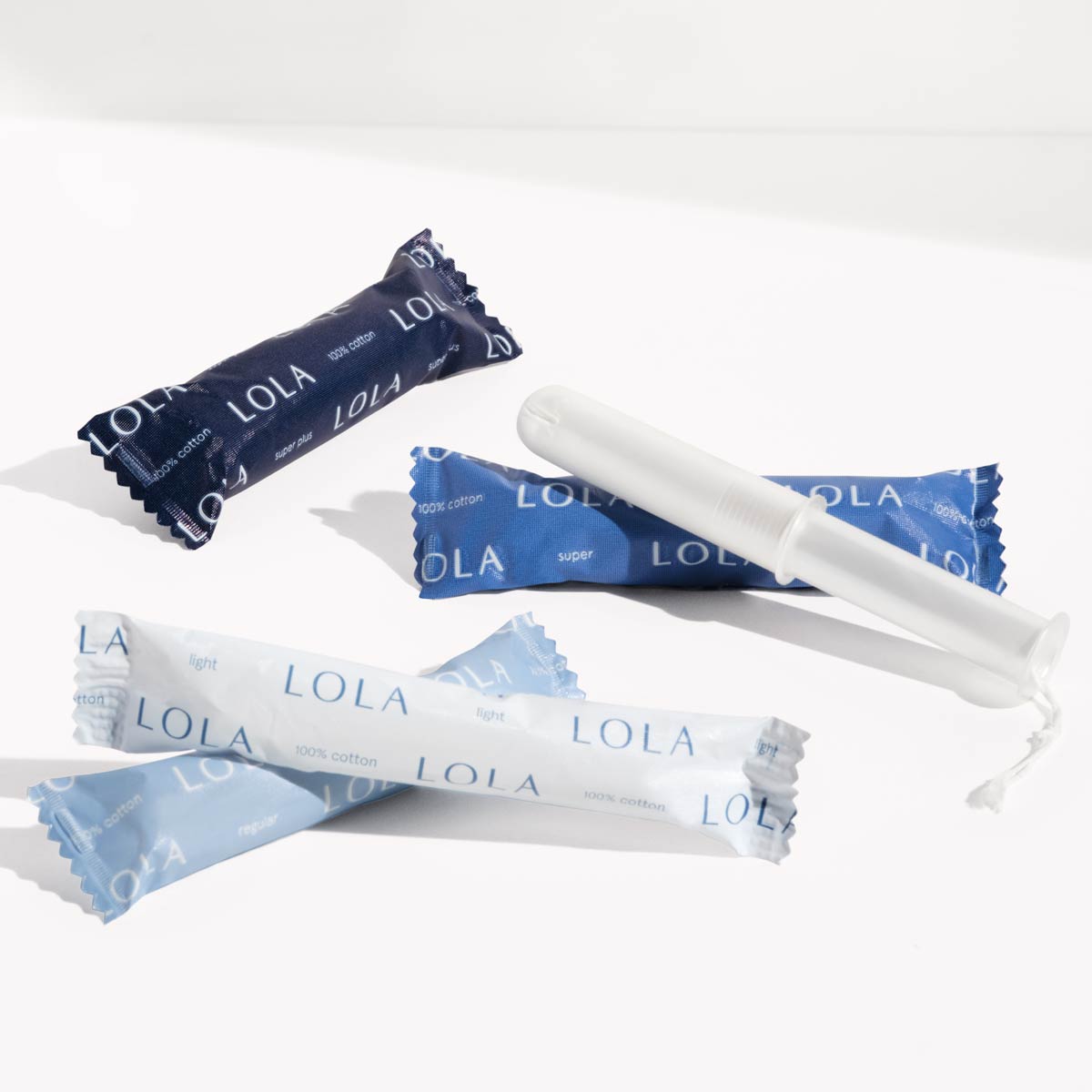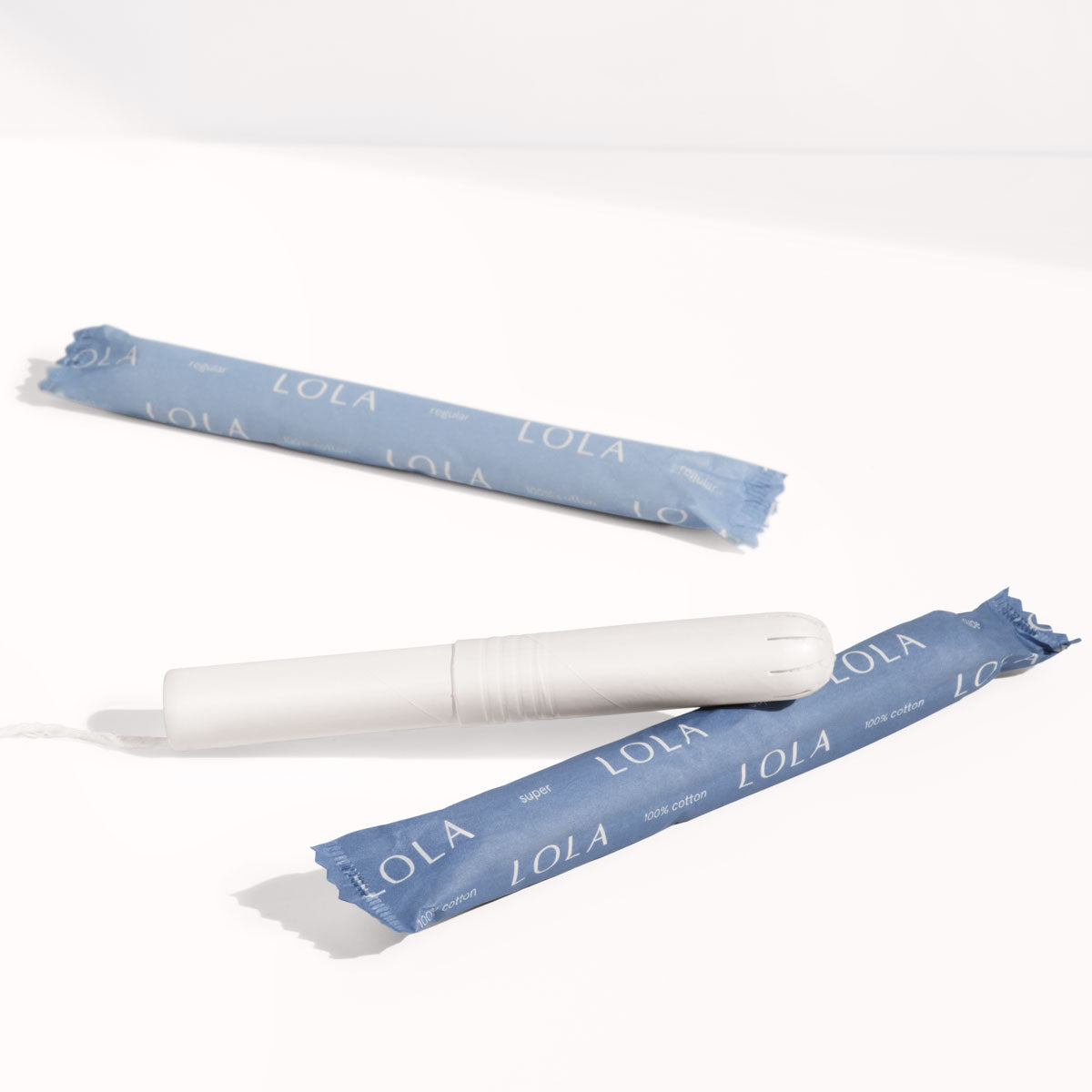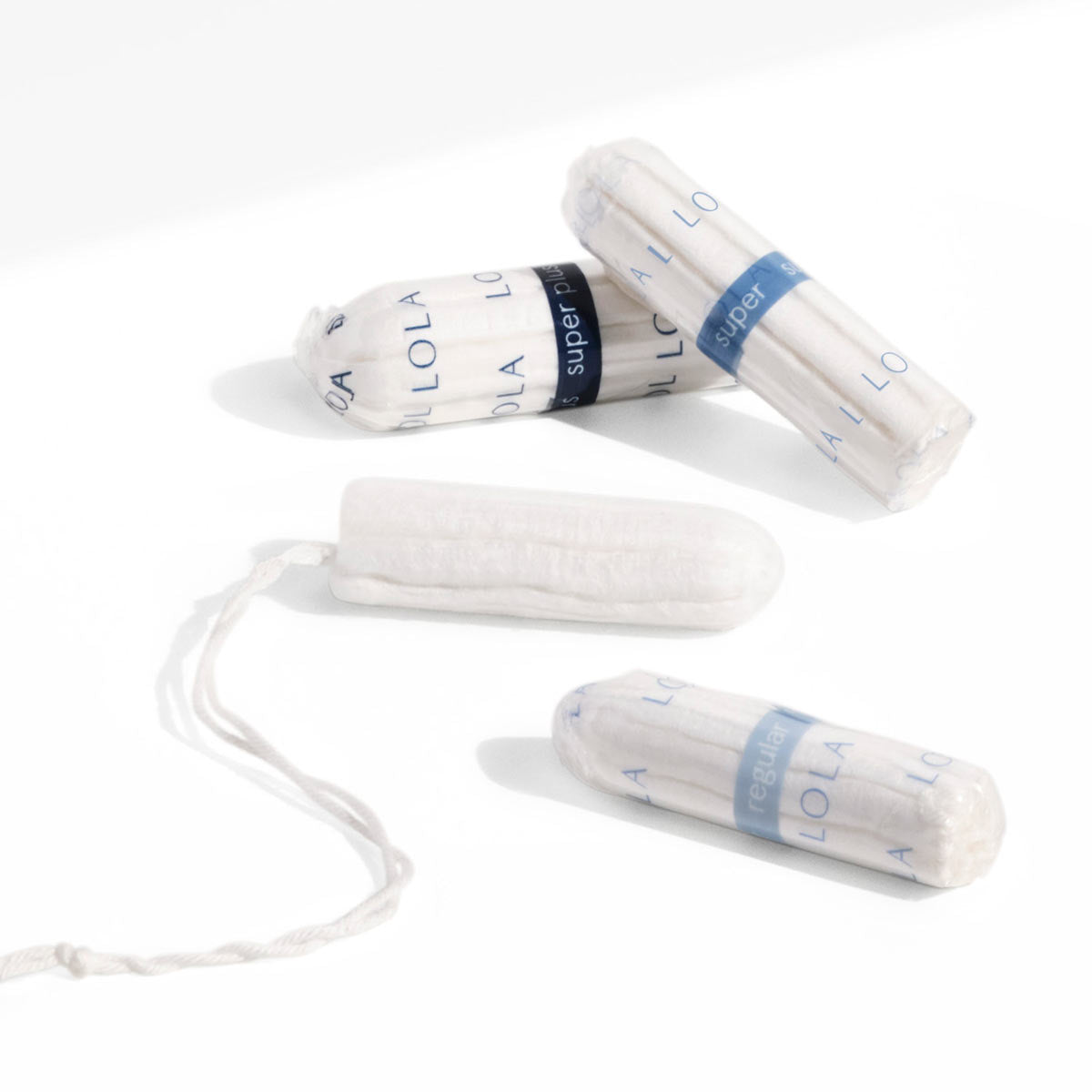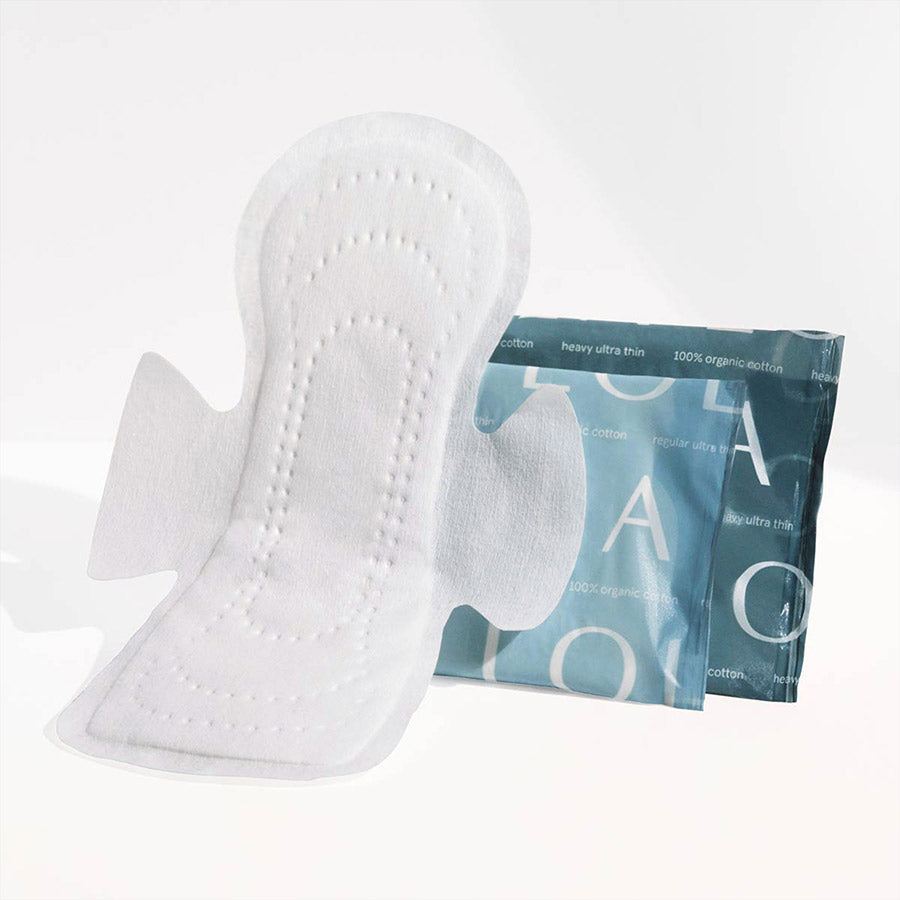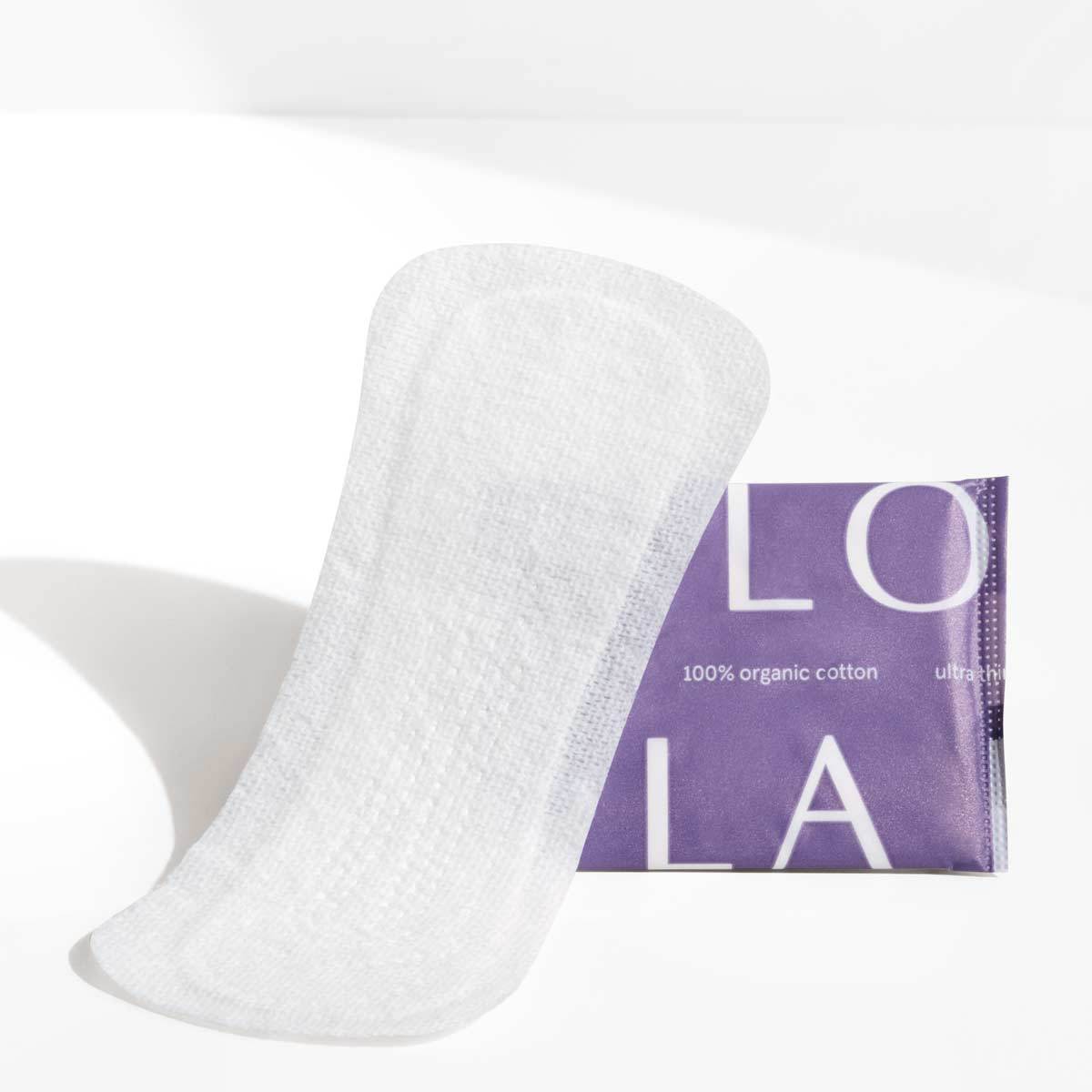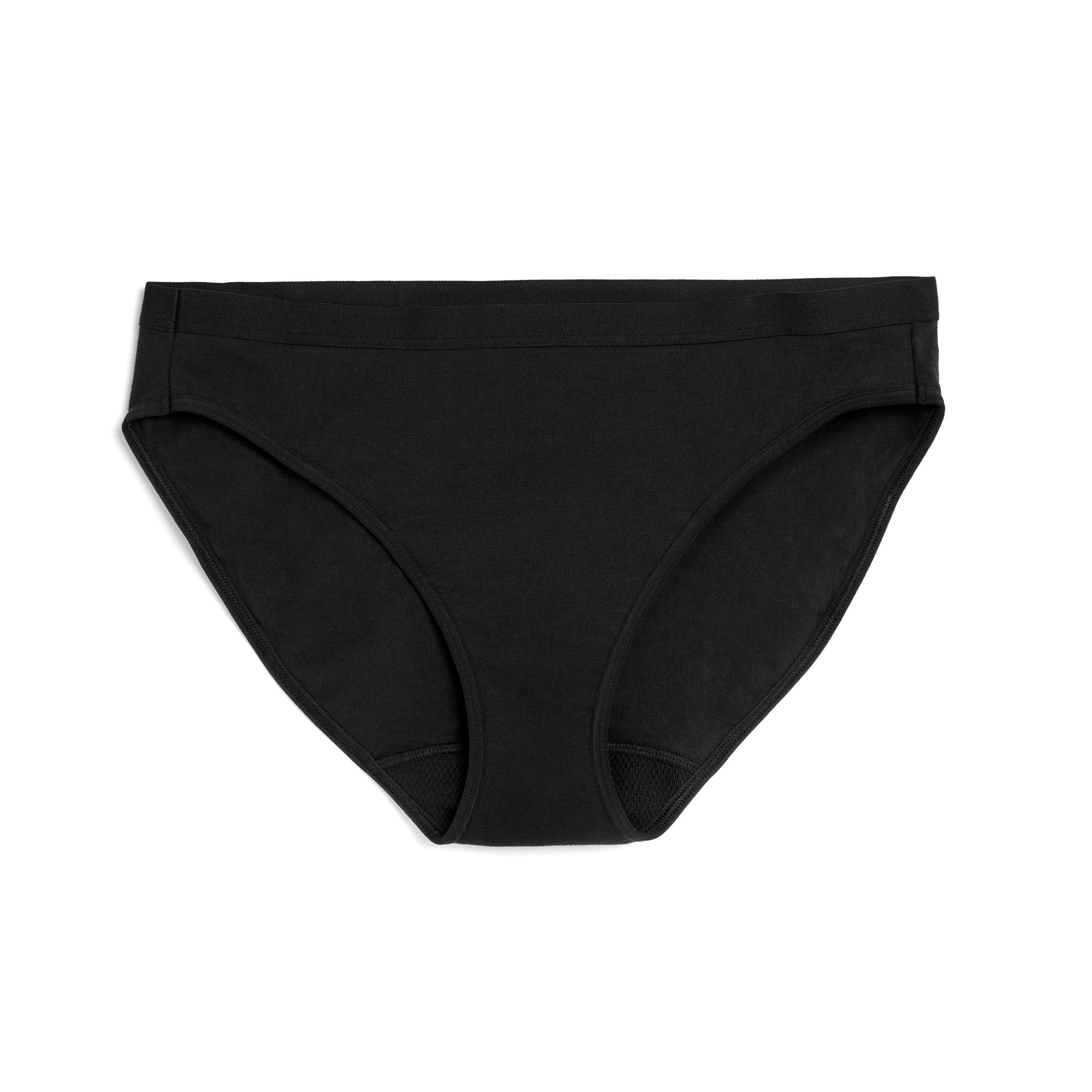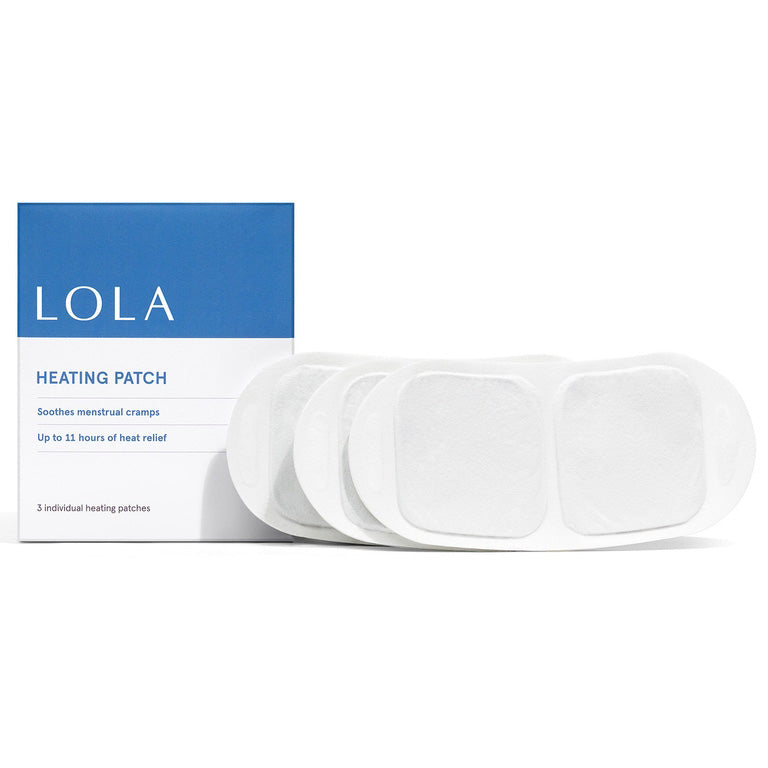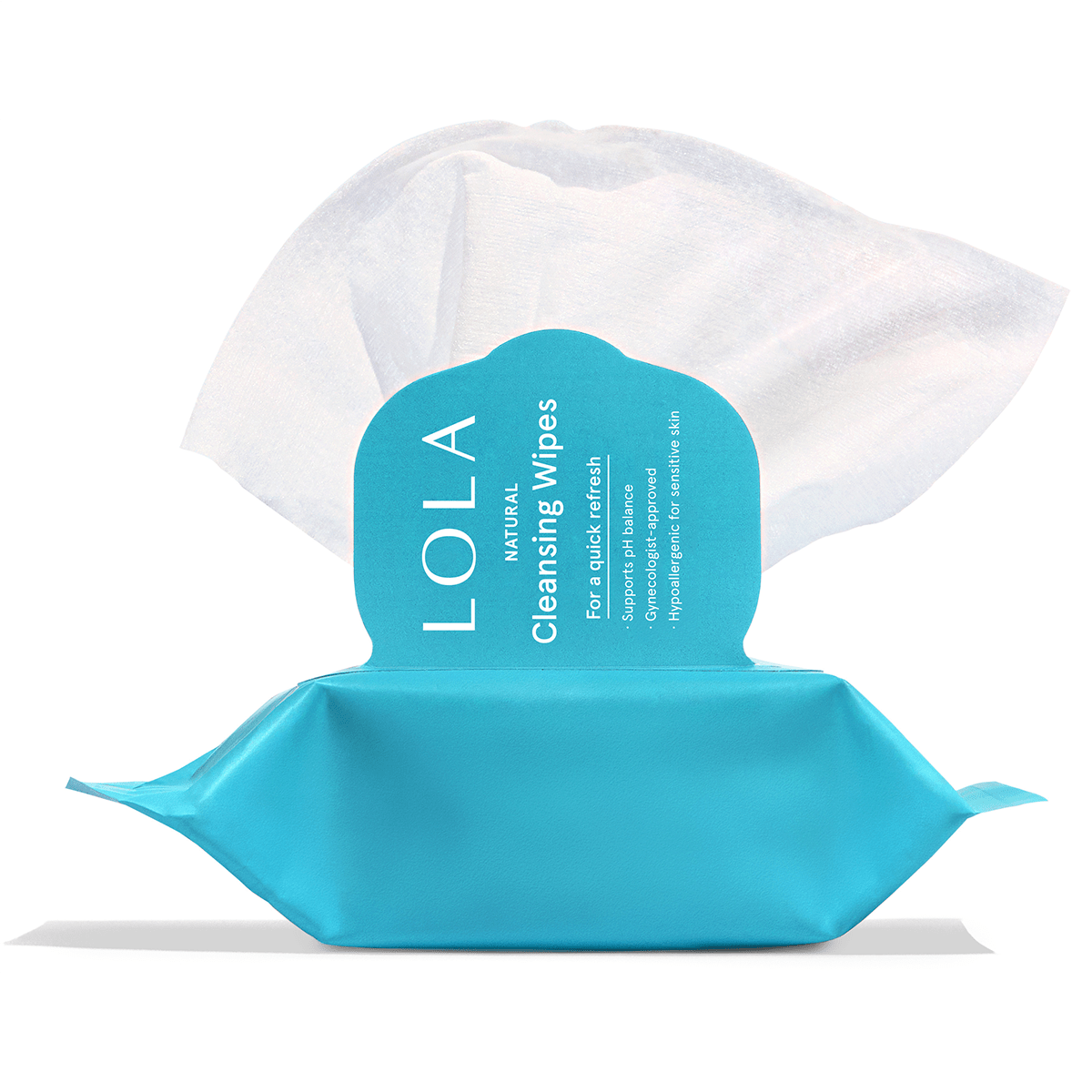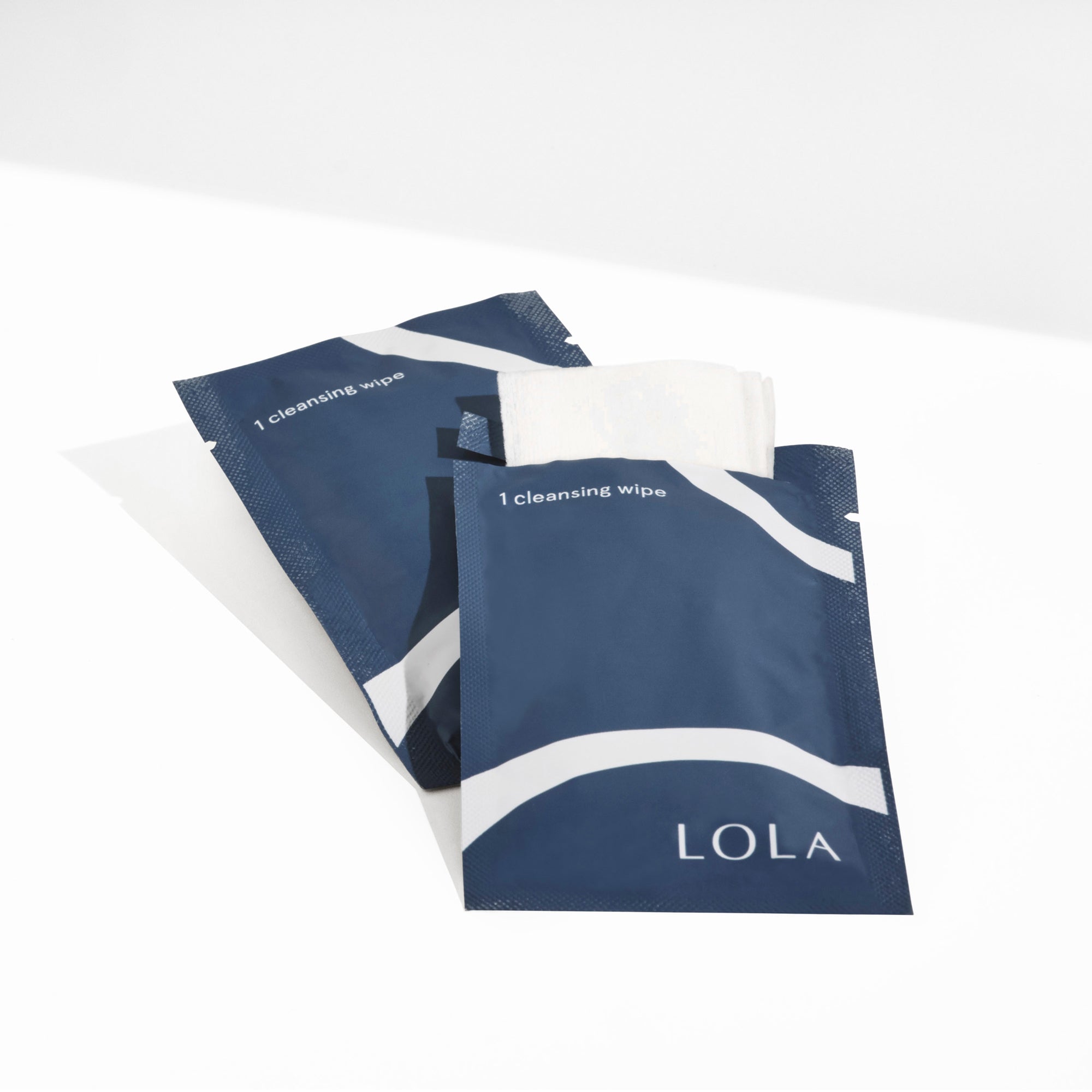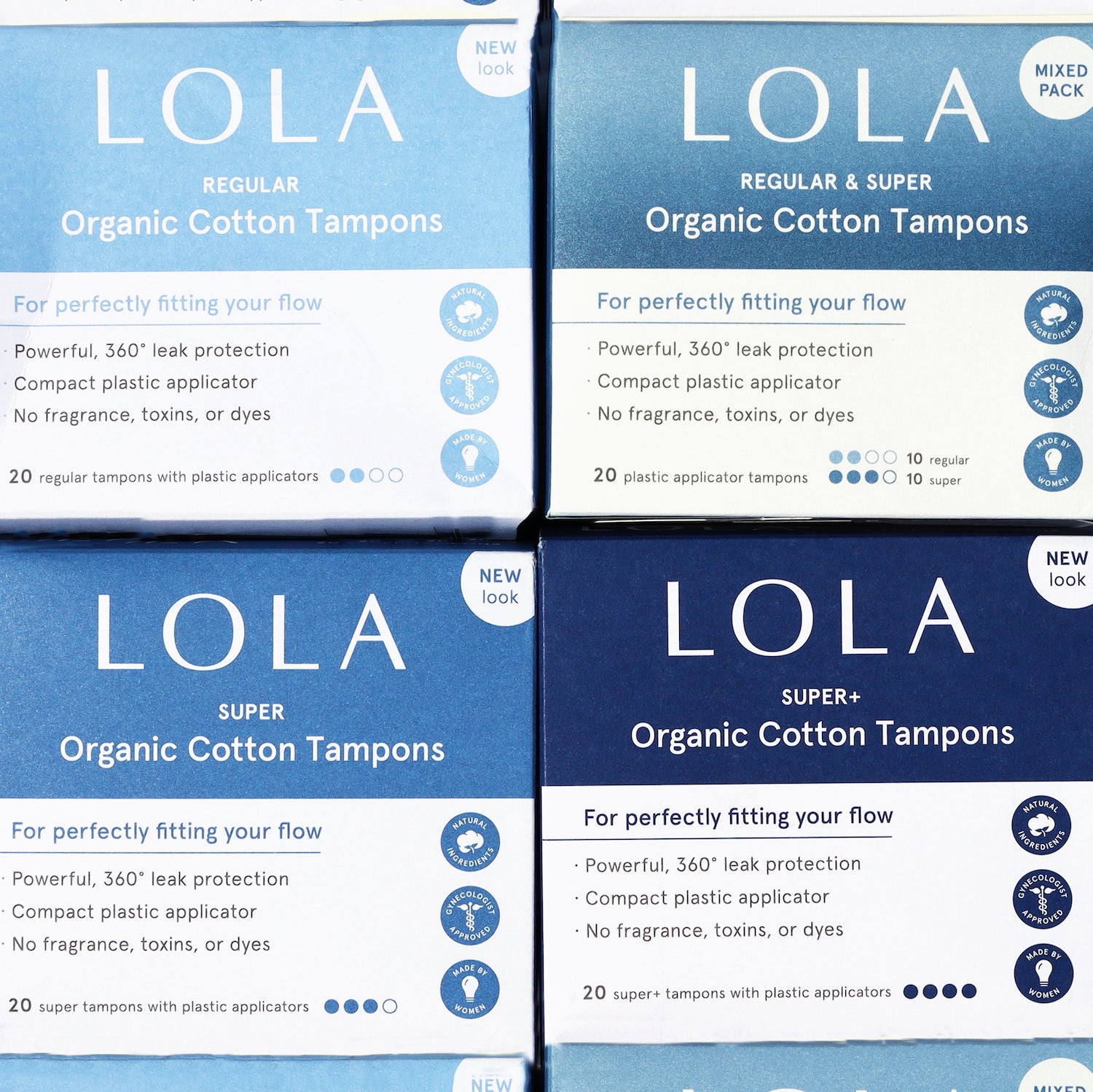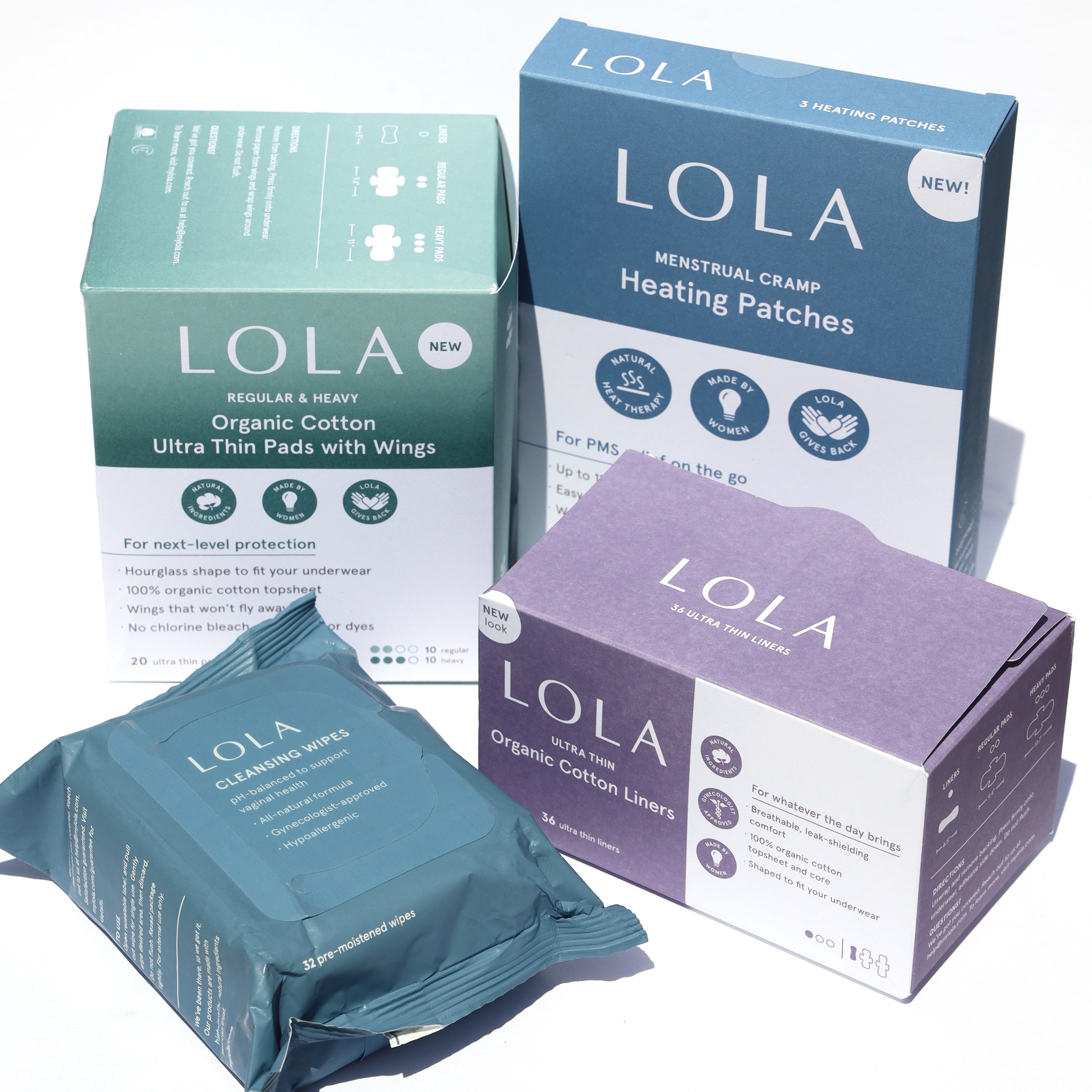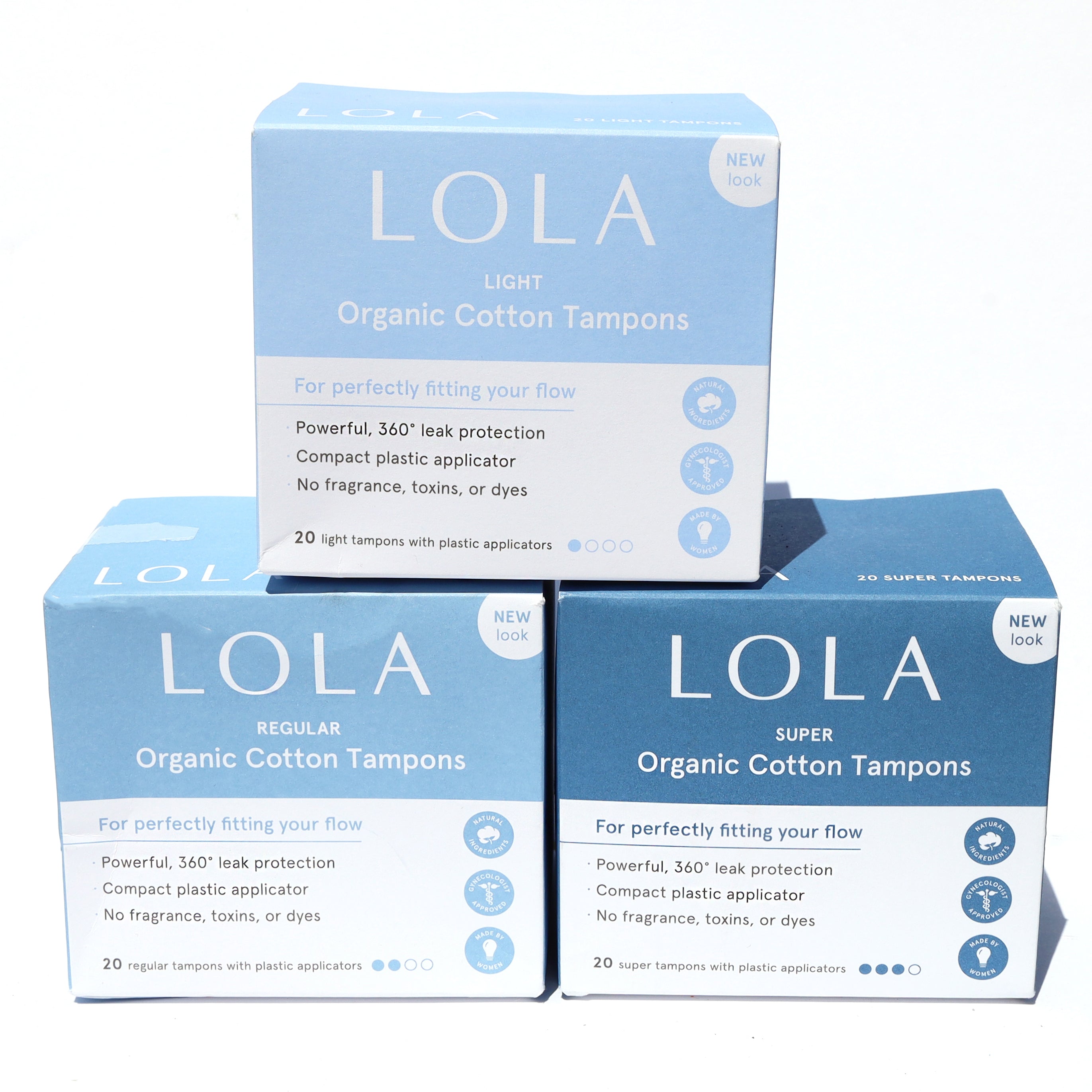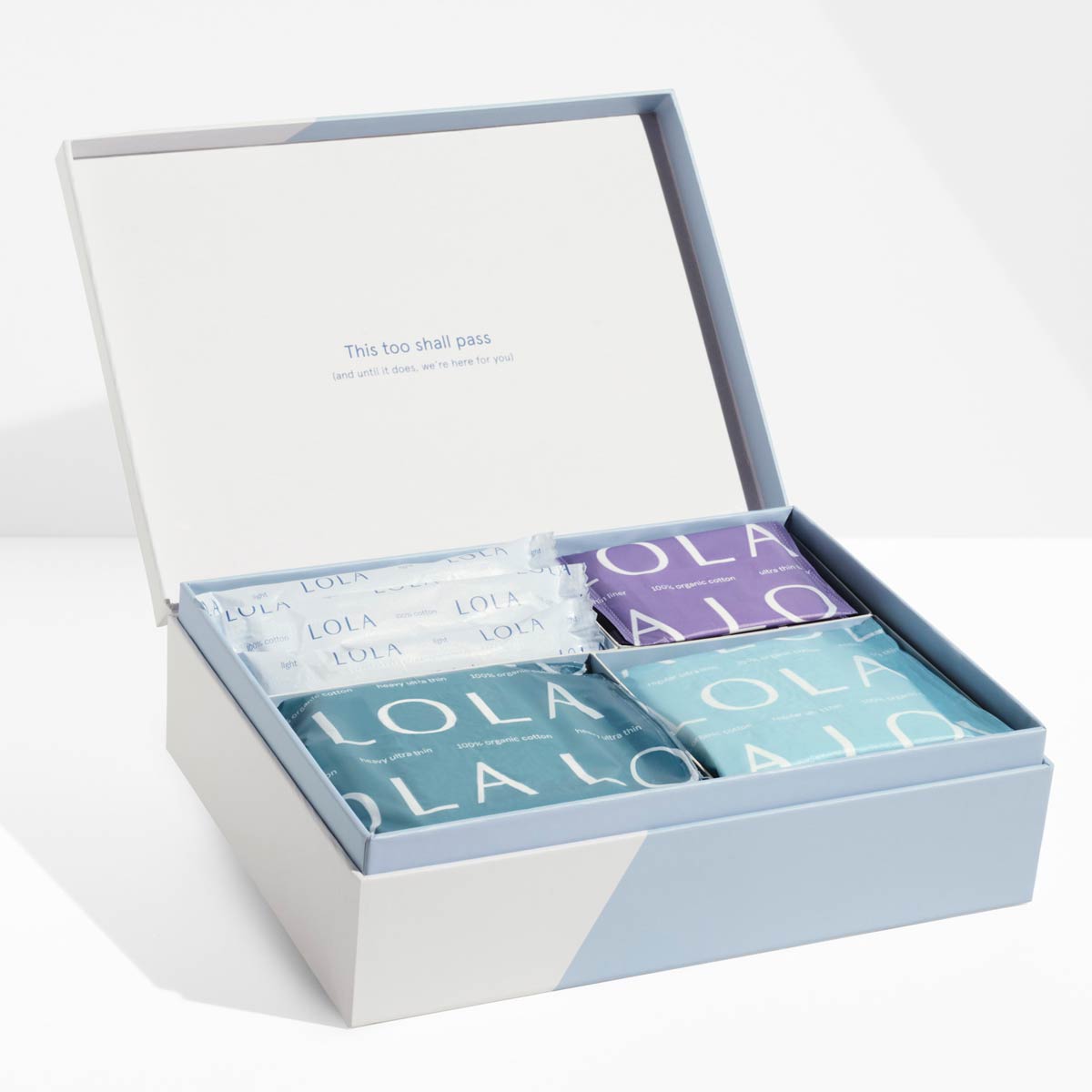Consider this a TMI-free zone. We asked women's health and functional nutrition coach Nicole Jardim to give us the lowdown on everything we need to know about having a heavy period.
Do I have a heavy period?
According to the CDC,* the amount of blood lost during an average period is 2-3 tablespoons. But since you probably don't keep a set of measuring spoons in your underwear, just keep an eye on your calendar and how quickly you're going through pads and tampons. "If your period lasts longer than seven days and you're changing tampons or pads more than every 2 hours each day," explains Jardim, "this is a sign of a heavier than average flow."
What causes a heavy period?
If your purse looks like a tampon factory exploded in it, blame your estrogen, the hormone responsible for stimulating the growth of the uterine lining. (A period that's heavy, dark, or clotted, may be a sign your estrogen levels are higher, says Jardim.)
Your thyroid may also have something to do with it, too. "If your body is not producing adequate thyroid hormone, your progesterone levels may drop, causing estrogen to become dominant over progesterone," explains Jardim.
Does my period change over time?
Once a heavy flow, always a heavy flow? Not exactly "your menstrual cycle and period will actually go through four stages during your lifetime. (Contrary to popular belief, those stages aren't "ugh," "nooooo," "WHY ME," and "bring me a heating pad and a sheet cake.")
Jardim breaks it down: first, there's the puberty stage that brings on your first period. The teen years are often heavy flow years because of the aforementioned estrogen levels, which are higher during this time in life (being a teen girl was too easy otherwise, right?). That will usually regulate as you reach the adult menstruation stage, but diet, exercise, hormonal contraceptives, pregnancy, miscarriage, and birth can still all affect your period.
Then, the floodgates open. "Women in perimenopause tend to have heavier flow because this is when ovulation starts to sputter, which lowers progesterone," explains Jardim. "This leads to estrogen becoming dominant again and increasing flow." That heavier flow continues until menopause, the final menstrual stage where your periods stops altogether.
I just had a baby"¦ what's up with the heavy periods?
If you feel like your flow has been heavier since giving birth, you're not imagining it. While some women find their period regulates or gets lighter after giving birth, most feel like it gets heavier, says Jardim. "When a woman gives birth, she essentially resets her hormones." It comes down to estrogen and thyroid function again. "Because women in the postpartum phase haven't ovulated for a long time, they may be more estrogen dominant and have lower progesterone, which causes heavier periods," Jardim explains. "Some women experience low thyroid function postpartum as well, which can cause the heavier flow."
Does my heavy period make my PMS worse?
A heavier flow and experiencing stronger PMS symptoms often go hand in hand, but maybe not for the reason you think. Think of them as symptoms of the same hormonal imbalance. When you have too much estrogen in relation to progesterone, you have what's called estrogen dominance, Jardim explains. And since progesterone is a "feel-good, keep calm and carry on hormone," too little of it during the second half of your cycle and you get anxiety, anger, mood swings, bloating, breast tenderness, and acne.
Is a heavy period a sign that I'm more or less fertile?
Not necessarily, says Jardim " but it may point to an underlying hormonal imbalance that can affect fertility, aka estrogen dominance or low thyroid function. "The right amount of progesterone is critical for implantation of a fertilized egg because it keeps the uterine lining intact," she explains. Plus, low thyroid function can mean lower body temperatures. "[That] can affect a growing embryo because it needs to be at a certain temperature in order to grow and develop," Jardim says.
Did losing my virginity change my period?
If we may quote Mean Girls, "Somebody wrote in that book that I'm lying about being a virgin, 'cause I use super-jumbo tampons, but I can't help it if I have a heavy flow and a wide-set vagina." It's a common myth, but Bethany Byrd is right: "Having sexual intercourse for the first time does not have an impact on your period flow," says Jardim. But you're not imagining it if you've noticed a change since becoming sexually active. "Regular sexual intercourse does have an impact on your sex hormones, and can actually make your period come more consistently." Your period might also seem a little heavier right after an orgasm, thanks to the uterine contractions pushing out menstrual blood.
Do I need a heavier tampon if I have a heavy flow?
Always use the lightest absorbency all cotton tampons when possible on a given day of your period. Aside from increasing your risk of TSS, the FDA cautions that vaginal dryness and ulcerations can occur if you use a tampon more absorbent than you need for your period. So just because you use a Super+ tampon through some of your period, make sure to use it every day of your period unless you actually need it. Plus, remember that you should never use tampons to control vaginal discharge when you're not actively menstruating, either.
Bottom line: If you're concerned about your period, don't hesitate to check with your doctor " but remember, your period will change throughout the course of your life, and a heavy one doesn't necessarily mean something is wrong.
If your heavy period has burdened you with leaks and underwear stains, check out our tips for getting period blood stains out of underwear.
Resources:
https://www.cdc.gov/ncbddd/blooddisorders/women/menorrhagia.html
